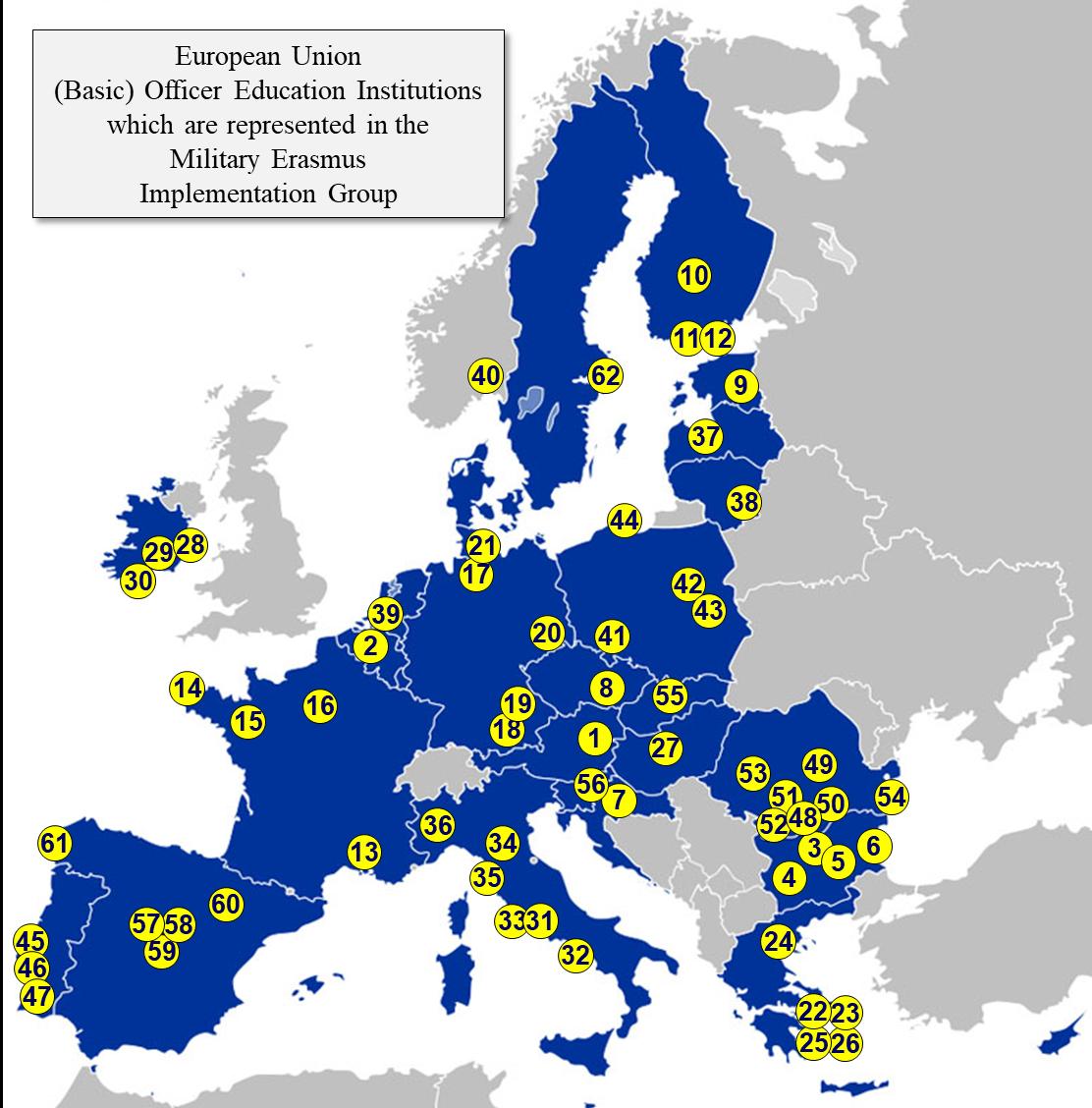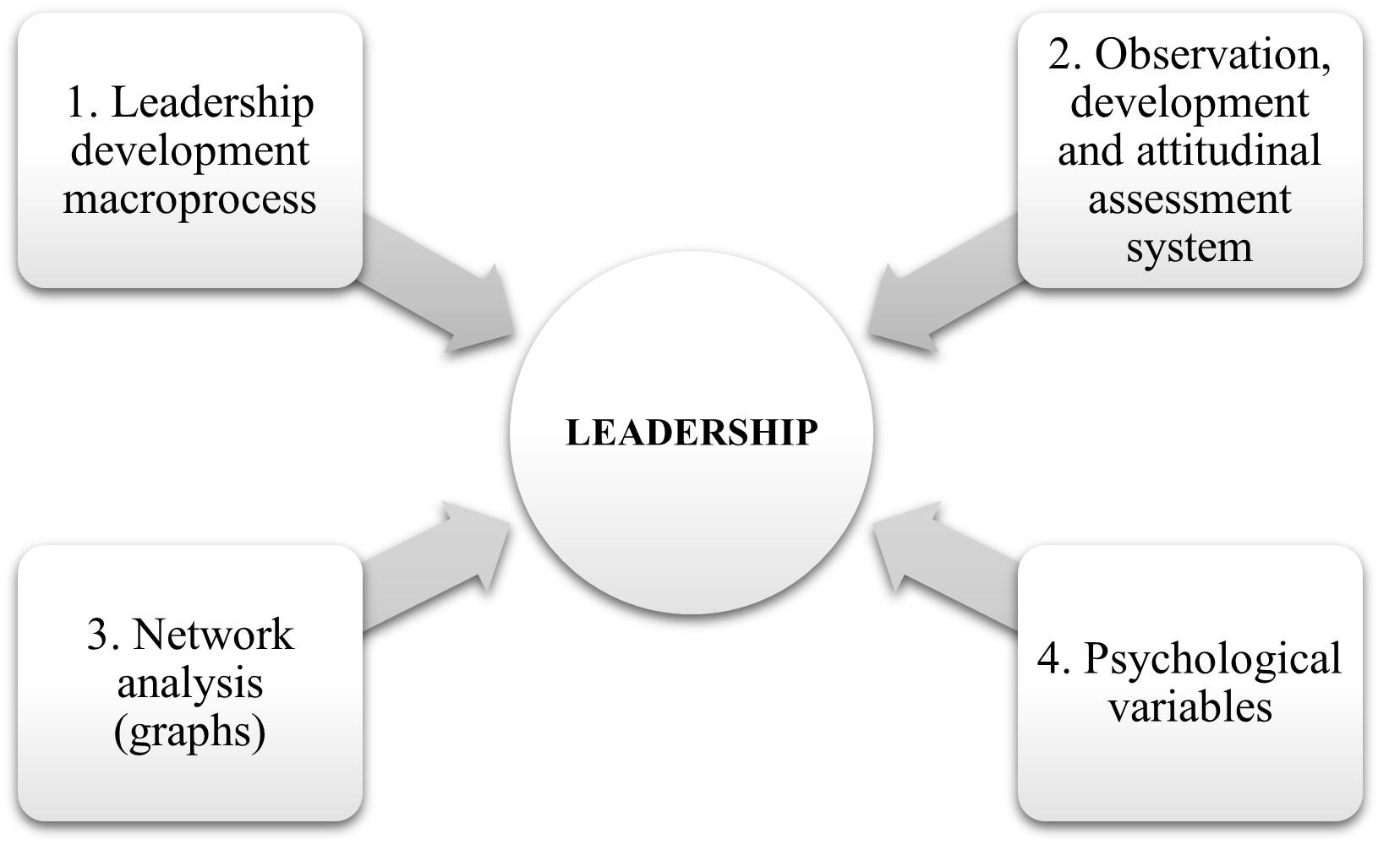Journal of Peace and War Studies, ISOMA Special Edition (October 2021): 235–247
Crafting Diverse, Inclusive, and Decolonized Military Leaders: Reflections on Decolonizing Professional Military Education Malte Riemann and Norma Rossi Abstract: Decolonizing as a project and practice has generated renewed attention since the global Black Lives Matter protests’ demand for a far-reaching engagement with the structural racism prevalent within society. Civil-military relations have not been untouched by this. While calls to decolonize higher education (HE) are not new (Bhambra, Gebrial, and Nişancıoğlu, 2018), such calls have not yet found resonance in the professional military education (PME) domain. This is an important gap as military education institutions, similar to western universities, are key sites where “colonialism—and colonial knowledge in particular—is produced, consecrated, institutionalized and naturalized” (Bhambra, Gebrial, and Nişancıoğlu, 2018). In this paper we provide a rationale for the importance of decolonizing PME as well as the benefits for decolonizing teaching and learning in a PME setting by drawing on existing attempts developed to decolonize HE institutions. Though building on these, our decolonizing rationale links issues identified in relation to HE to the specific sensitivities of PME. Our argument unfolds as follows. First, we outline how we understand the process of decolonizing and how it relates to PME. Second, we explain how the armed forces benefit from decolonizing PME. Third, we look at two avenues in need of decolonizing: the curriculum and the educator. In our conclusions we reflect on the importance of decolonization for creating truly diverse and inclusive forces and its significance in crafting effective military leaders for the twenty-first century. KeyWords: Decolonization; Professional Military Education; Racism; Leadership; Organizational Change.
Introduction Decolonizing as a project and practice has generated renewed attention since the global Black Lives Matter (BLM) protests brought a range of inequalities and “the reality of racial disparities in the act of living into sharp relief,”1 leading to the demand for a far-reaching engagement with the structural racism prevalent within society. Civil-military relations have not been untouched by this. The U.S. Army unveiled an initiative to promote diversity and inclusivity in the forces,2 and General David Petraeus recently reflected in The Atlantic on his own military experience, legacies of systemic racism, and debates over symbols glorifying the Confederacy, arguing that “[t]he way we resolve these issues will define our national identity for this century and beyond.”3 While aspects such as the names of institutions or the replacement of statues have extensively been discussed within this debate, the importance of decolonizing professional military education (PME) has so far escaped attention. While calls to decolonize higher education (HE) are not new,4 such calls have not yet found resonance in the PME domain. This is an important gap as military education institutions, like western universities, are key sites where “colonialism—and colonial knowledge in particular—is produced, consecrated, institutionalized and naturalized.”5
© 2021 John and Mary Frances Patton Peace and War Center, Norwich University ISSN 2641-841X (print), ISSN 2641-8428 (online)











